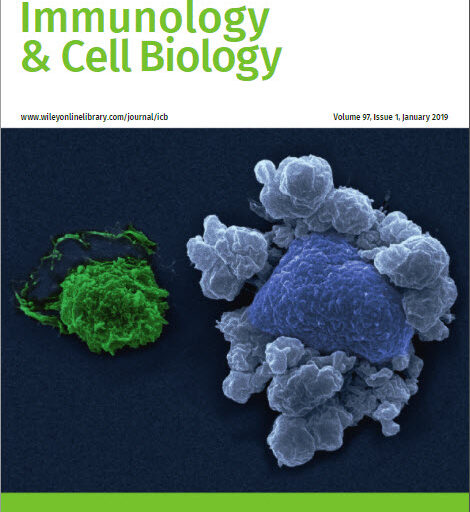Immunology and cell biology
Abstract
The microbial community making up the gut microbiota can profoundly influence intestinal homeostasis and immune system development, and is believed to influence the development of complex diseases including type 1 diabetes (T1D). T1D susceptible nonobese diabetic (NOD) mice have been shown to harbor a distinct microbiota to disease-protected mice. We hypothesized that the T1D susceptible genetic background of NOD mice would be resistant to the introduction of a C57BL/6-derived microbiota. NOD and C57BL/6 mice were cohoused either continually from birth, from birth until weaning or from weaning onwards, allowing transfer of microbiota between the mice. Cohousing NOD with C57BL/6 mice from before birth, resulted in moderate changes to the gut microbiota, whereas initiating cohousing at weaning only led to minimal changes. Terminating cohousing at weaning reduced the changes in the microbiota composition. However, diabetes onset was not significantly delayed and there was no reduction in intestinal inflammation or the proportion of regulatory T cells in the cohoused NOD mice. However, insulin but not islet-specific glucose-6-phosphatase catalytic subunit-related protein-specific CD8+ T cells were reduced by cohousing suggesting an epitope-specific modulation of the autoreactive response by the gut microbiota. These results suggest that the T1D susceptible genetic background of the NOD mouse was resistant to the introduction of a C57BL/6-derived microbiota.
